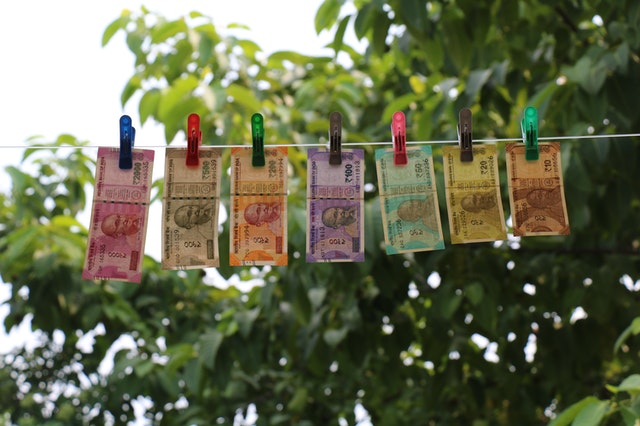Theme:
- This is a hypothetical scenario. As of 7th December 2021, the value of $1 = Rs. 75.37.
Possible consequences:
- Imports will become cheaper because we have to pay very little to import goods. It will be a threat to domestic industries. But that may not last for a long time because, after a while, the exporters to our country may raise the prices. But even then domestic industry will suffer from the severe competition from the goods of foreign countries.
- Exports will not fetch much revenue. That will affect the economy negatively. If exporters raise the prices, our goods cannot compete against the goods of foreign countries. So, many people will lose jobs in the exports industry.
- Foreign direct investments will decrease drastically because people will prefer investing in other countries where can they can pay less for the resources such as land, human resources etc. This affects the IT sector a lot because many companies in foreign countries are outsourcing IT projects to Indian companies. If one rupee becomes equal to one dollar, they will start outsourcing them to other countries, where they can pay less. This too will cause many job losses.
- Eventually, wages and prices will decrease because the value of the currency will be higher.
Conclusion:
China intentionally devalued its currency in 2015 to boost exports. Ideally, rupee appreciation should benefit India because we import more goods than we export. But practically that will not happen. The sudden appreciation of currency value will impact the economy negatively. But when the currency value appreciates slowly and steadily, it is a positive sign because that means the demand for that currency is increasing.
Your Turn…
What’s your take on this topic? Express your thoughts through the comment section below. And subscribe to our blog to read answers to the trending GD topics.
Photo by Disha Sheta from Pexels
Copyright @ Group Discussion Ideas. Day 13 of 365 days challenge.

